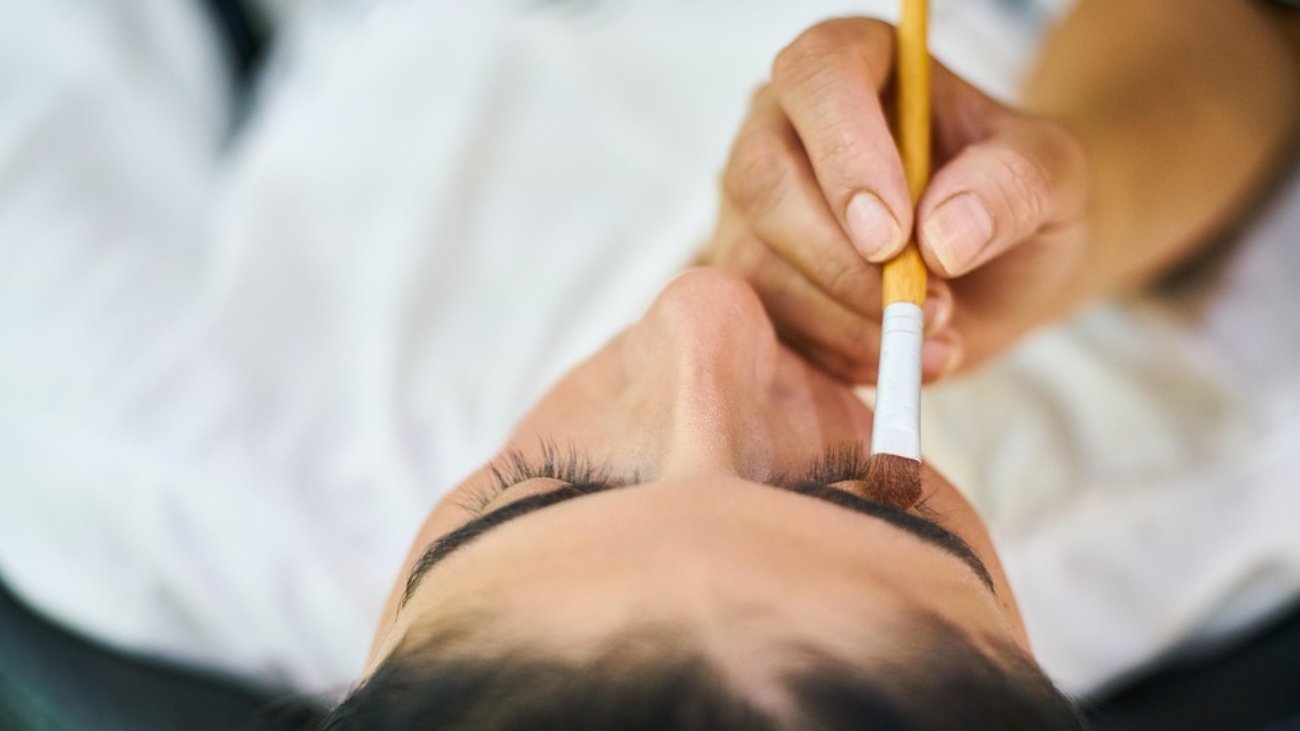Acne—a pesky skin condition that plagues millions of people worldwide. From teenagers navigating the tumultuous waters of puberty to adults managing the aftermath of hormonal changes, acne impacts all walks of life. Unfortunately, a flurry of myths surrounds this common skin issue, obscuring the truth and leading many to misguided treatments and practices. In this article, we will bust some of the most prevalent acne myths, equipping you with the knowledge to tackle your skin concerns effectively.
The Myth: Acne is Only a Teenage Problem
One of the most widespread beliefs about acne is that it only affects teenagers. While it’s true that hormonal changes during puberty often trigger breakout flare-ups, acne can persist well into adulthood—and even begin in adulthood for some. Adult acne may be induced by stress, hormonal fluctuations, or even certain medications.
The Truth: Adult Acne is Common
In fact, studies indicate that around 40% of adults in their 30s, 50% in their 40s, and 40% of adults in their 50s experience acne. Factors like hormonal changes related to menstruation, pregnancy, and menopause can cause breakouts. It’s essential to recognize that if you’re an adult battling acne, you’re not alone. Seeking tailored skincare solutions and possibly consulting a dermatologist can provide relief.
The Myth: Diet Has No Effect on Acne
Many believe that what you eat plays no role in acne, but emerging research suggests otherwise. Various foods can influence oil production, inflammation, and overall skin health.
The Truth: Your Diet Matters
Dairy, sugar, and high-glycemic-index foods can exacerbate acne for some individuals. A diet rich in fruits, vegetables, lean proteins, and whole grains may help regulate oil production and reduce inflammation. Here are a few actionable tips to improve your diet for clearer skin:
- Stay Hydrated: Drink plenty of water to keep your skin hydrated, which may help reduce oil production.
- Limit Dairy Intake: Consider reducing or eliminating dairy products to see if your skin improves.
- Opt for Low-Glycemic Foods: Integrate whole grains and legumes into your meals to help keep blood sugar levels stable.
The Myth: Popping Zits is Okay—Just This Once
It’s almost a rite of passage when you see a pimple and think, “Just one little pop won’t hurt.” Unfortunately, this can be a tempting yet harmful action.
The Truth: Popping Can Worsen Acne
Popping a pimple can lead to further inflammation, scarring, and even more breakouts. When you pop a blemish, you risk pushing bacteria deeper into the skin, which can result in infection or cystic acne. Instead, consider these strategies:
- Use Topical Treatments: Products containing benzoyl peroxide or salicylic acid can help reduce inflammation and promote healing.
- Apply Ice: For swelling and redness, applying ice for a few minutes can soothe the area.
- Consult a Professional: If you’re struggling with persistent acne, seek professional help from a dermatologist for proper extraction techniques.
The Myth: Washing Your Face More Often Will Clear Up Acne
It’s easy to think that the more you wash your face, the clearer it will become. This misconception can lead you to over-cleanse your skin.
The Truth: Over-Washing Can Worsen Acne
Stripping your skin of its natural oils can provoke an increase in oil production, ultimately leading to more breakouts. Experts recommend a balanced approach to cleansing:
- Cleansing Twice Daily: Wash your face in the morning and before bed with a gentle, non-comedogenic cleanser.
- Avoid Harsh Scrubs: Opt for mild exfoliants to prevent skin irritation that can trigger flare-ups.
- Moisturize: Even if your skin is oily, it still needs hydration to maintain a healthy barrier.
The Myth: Sunscreen Can Make Acne Worse
Many believe that using sunscreen can worsen acne due to its oily texture or heavy formulations. As a result, individuals may skip this essential skincare step.
The Truth: Sunscreen is Essential for All Skin Types
In reality, sunscreen is crucial for everyone—acne-prone or not. The sun’s harmful UV rays can exacerbate acne scarring and pigmentation issues. Here’s how to incorporate sunscreen safely:
- Choose Non-Comedogenic Formulas: Look for sunscreen labeled as non-comedogenic to ensure it won’t clog your pores.
- Opt for Lightweight Products: Gel-based sunscreens provide effective protection without feeling heavy on the skin.
- Don’t Skip It: Apply sunscreen every day, even when it’s cloudy. It’s an essential step in your skincare routine.
The Myth: Stress Does Not Contribute to Acne
Many people believe that stress plays no role in skin issues. However, chronic stress can significantly impact hormonal balance, leading to breakouts.
The Truth: Stress Can Trigger Breakouts
During stressful periods, your body releases hormones like cortisol, which can increase oil production. Combat stress with these practical tips:
- Practice Mindfulness: Techniques like meditation, yoga, or deep-breathing exercises can reduce stress levels.
- Get Regular Exercise: Physical activity helps release endorphins, which can improve mood and potentially reduce the likelihood of breakouts.
- Prioritize Sleep: A good night’s sleep is vital for overall health and can help minimize stress-related acne.
Conclusion
Acne can be a frustrating and lingering skin issue, but misinformation can exacerbate the problem. By busting these common acne myths, you can gain a clearer perspective on what truly affects your skin. Remember that everyone’s skin is different, and what works for one person may not work for another. Consult with a dermatologist to tailor a skincare routine best suited to your needs.
Focus on maintaining a balanced diet, using suitable skincare products, and managing stress to create a more effective strategy against acne. With the right knowledge and a proactive approach, clearer skin is within your reach!

